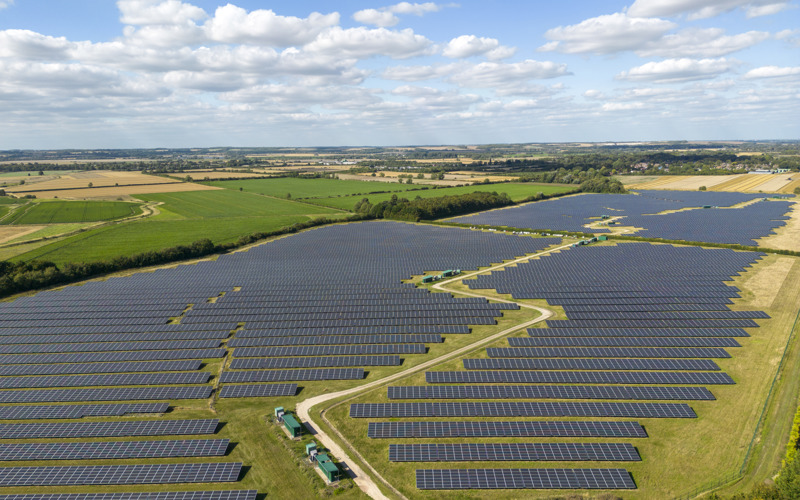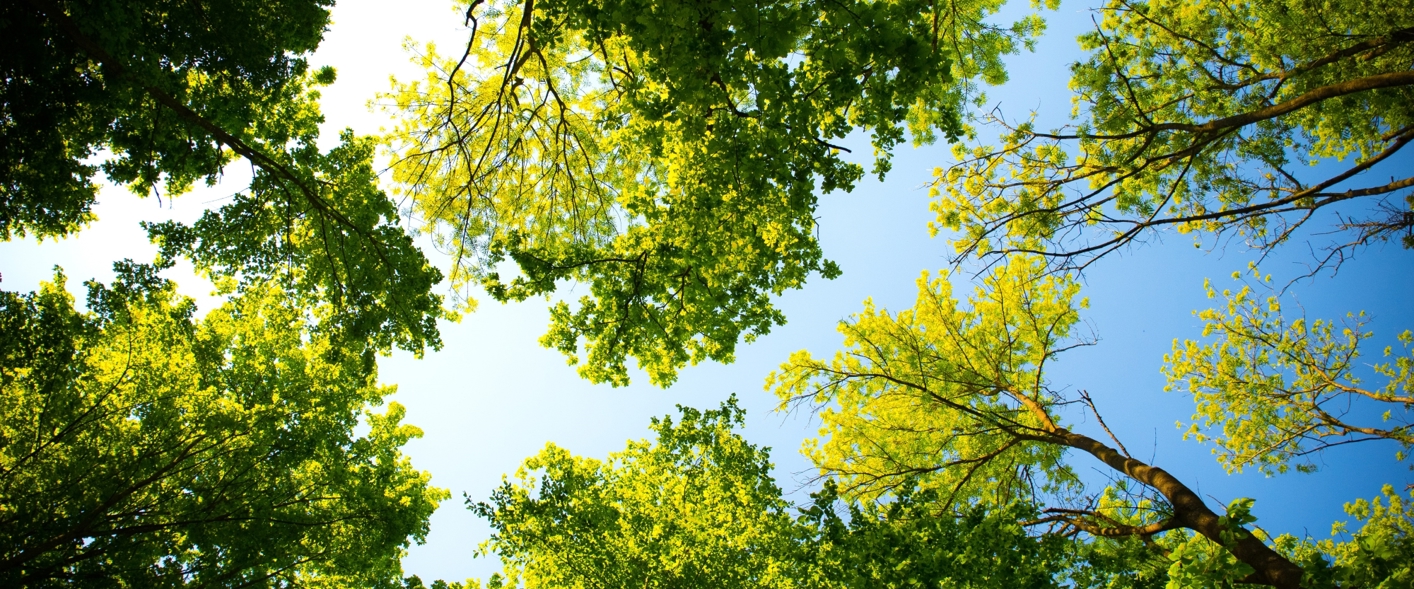South Cambridgeshire District Council has signalled it support for the Climate and Nature bill which is soon to be debated in Parliament.

South Cambridgeshire District Council has signalled it support for the Climate and Nature bill which is soon to be debated in Parliament.
A motion passed at last week’s Full Council meeting agreed that the Council would endorse the bill, which is being introduced by MP for South Cotswolds, Dr Roz Savage. The bill also has support from all three MPs covering South Cambridgeshire.
If agreed by the House of Commons and House of Lords, the new bill would lead to several climate and nature goals being enshrined in law, including:
- Requiring the United Kingdom to achieve climate and nature targets.
- Giving the Secretary of State a duty to implement a strategy to achieve those targets.
- The establishment of a Climate and Nature Assembly to advise the Secretary of State in creating that strategy.
- Giving duties to the Committee on Climate Change and the Joint Nature Conservation Committee regarding the strategy and targets.
A bill is a proposed law which is introduced into Parliament. Once a bill has been debated and then approved by each House of Parliament, and has received Royal Assent, it becomes law and is known as an act. Any Member of Parliament can introduce a bill – which is formally known as a Private Member’s Bill. Most Private Member’s Bills don’t get given time to be debated, but due to its sponsor coming third in a ballot of all MPs, the Climate and Nature bill will be debated - formally known as “having its second reading - on 24 January 2025.

The motion agreed by South Cambridgeshire District Councillors means the authority joins a list of councils from across the country who have agreed to support the bill as part of the Zero Hour campaign.
The motion was put forward by District Councillor for Milton and Waterbeach ward, Cllr Paul Bearpark. It was seconded by the Council’s Deputy Leader and Lead Cabinet Member for Environment, Cllr Brian Milnes. The Council unanimously - with two Councillors abstaining from voting - agreed the motion.
Cllr Bearpark said: “I am pleased we have sent a clear message that we support the aspirations of this hugely important bill, and we look forward to seeing it progress into law. As a Council we have an important role to play in combating the climate and ecological emergencies that we face – and this is exactly what we are doing through our Zero Carbon Communities programme, along with our Zero Carbon and Doubling Nature strategies. However, it is the responsibility of Government to establish more rigorous support and frameworks to help transition communities towards a zero-carbon future.
“This new bill is an important step towards that new framework and through citizens’ assemblies it makes sure that everyday people are driving the progress we need to make. It also recognises the inter-connectedness of climate and nature. Nature is the best asset that we have when it comes to mitigating the effects of climate change, so we need to not just be protecting nature in the UK - we need to be restoring it. This is a comprehensive bill and demonstrates a commitment to a sustainable, just and resilient future. It has legally enforceable biodiversity restoration goals and it protects and restores 30% of the UK’s land and marine environments. It is incredible that this is the first time such targets have been proposed for the UK – so it has mandatory targets to halt nature’s decline by 2030.”
A motion at a Full Council meeting is one way that District Councillors can influence the business of the Council or discuss matters of importance to the community. Motions can be ‘moved’ (put forward) by any Councillor, and then ‘seconded’ (or supported) by any other councillor. The motion will then be debated at the meeting of Full Council, before being voted on by those councillors who are present at the meeting. Councillors also can amend motions before they are debated and voted on.
South Cambridgeshire District Council declared climate and ecological emergencies in 2019. Its Zero Carbon Strategy sets out the need to halve net carbon emissions by at least 2030 if not before, and the Council’s plans to support this. The Council’s Doubling Nature Strategy sets out a vision to double nature in South Cambridgeshire by 2050 and, in so doing, enable wildlife and people to thrive and businesses to prosper.
View all news
